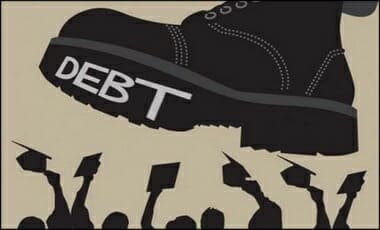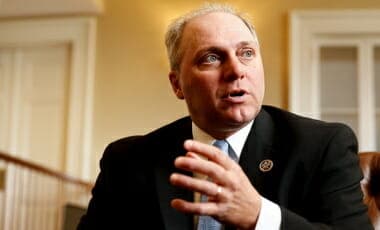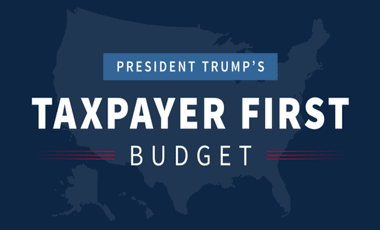(First posted in March 2013) You Might Live In A Country Founded By Geniuses But Run By Idiots, If…
 If you can get arrested for hunting or fishing without a license, but not for being in the country illegally …you might live in a country founded by geniuses but run by idiots.
If you can get arrested for hunting or fishing without a license, but not for being in the country illegally …you might live in a country founded by geniuses but run by idiots.
If you have to get your parents’ permission to go on a field trip or take an aspirin in school, but not to get an abortion … you might live in a country founded by geniuses but run by idiots.
[….]
If the government wants to ban stable, law-abiding citizens from owning gun magazines with more than ten rounds, but gives 20 F-16 fighter jets to the crazy new leaders in Egypt … you might live in a country founded by geniuses but run by idiots.
If, in the largest city, you can buy two 16-ounce sodas, but not a 24-ounce soda because 24-ounces of a sugary drink might make you fat … you might live in a country founded by geniuses but run by idiots.
[….]
If an 80-year-old woman can be stripped searched by the TSA but a woman in a hijab is only subject to having her neck and head searched … you might live in a country founded by geniuses but run by idiots.
If your government believes that the best way to eradicate trillions of dollars of debt is to spend trillions more … you might live in a country founded by geniuses but run by idiots.
[….]
If hard work and success are met with higher taxes and more government intrusion, while not working is rewarded with EBT cards, WIC checks, Medicaid, subsidized housing and free cell phones … you might live in a country founded by geniuses but run by idiots.
If the government’s plan for getting people back to work is to incentivize NOT working with 99 weeks of unemployment checks and no requirement to prove they applied but can’t find work … you might live in a country founded by geniuses but run by idiots.
If being stripped of the ability to defend yourself makes you more “safe” according to the government … you might live in a country founded by geniuses but run by idiots.










